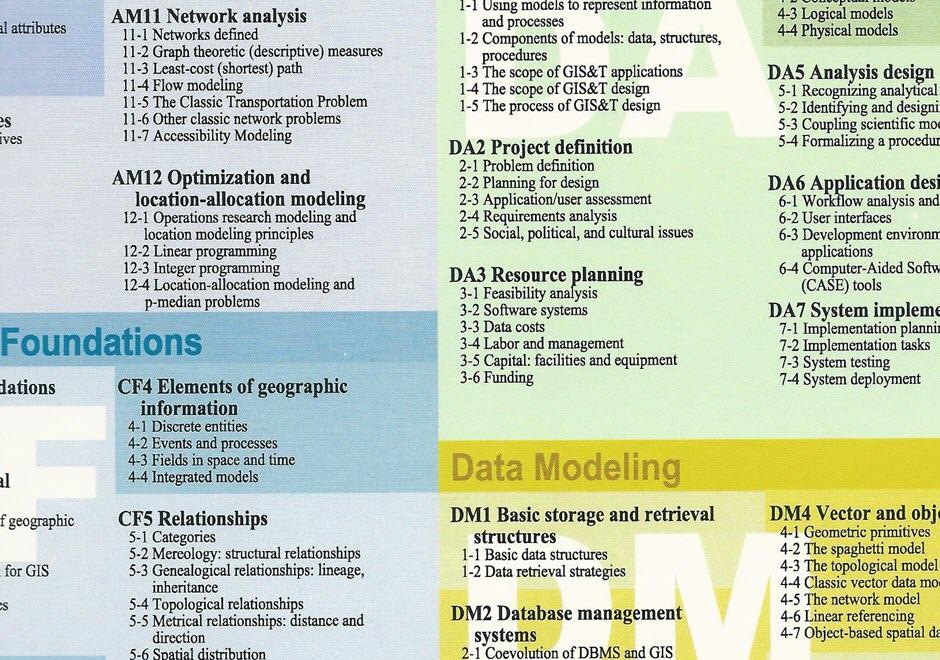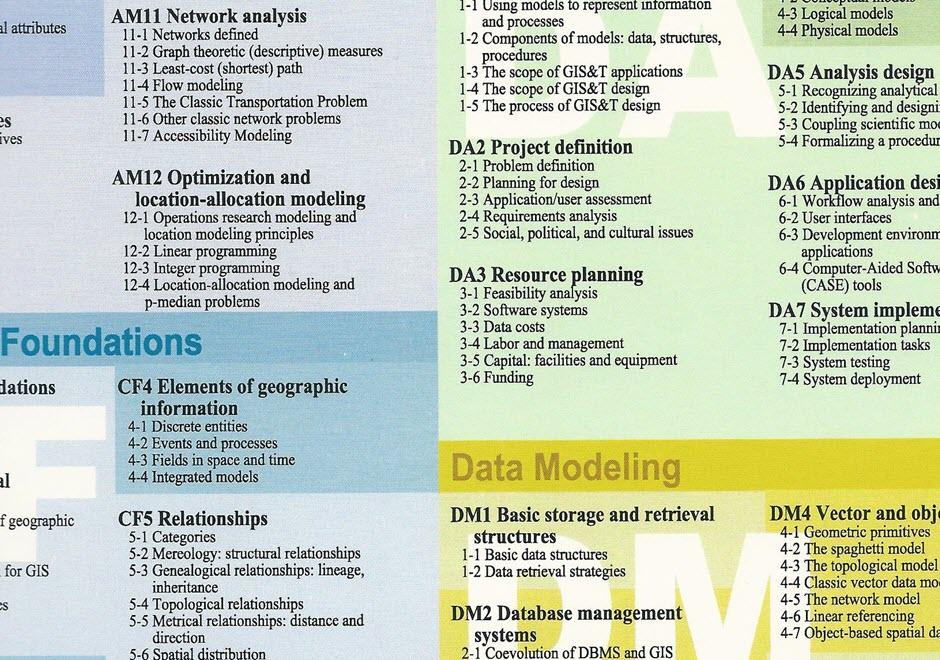DM-48 - Plane coordinate systems

- Explain why plane coordinates are sometimes preferable to geographic coordinates
- Identify the map projection(s) upon which UTM coordinate systems are based, and explain the relationship between the projection(s) and the coordinate system grid
- Discuss the magnitude and cause of error associated with UTM coordinates
- Differentiate the characteristics and uses of the UTM coordinate system from the Military Grid Reference System (MGRS) and the World Geographic Reference System (GEOREF)
- Explain what State Plane Coordinates system (SPC) eastings and northings represent
- Associate SPC coordinates and zone specifications with corresponding positions on a U.S. map or globe
- Identify the map projection(s) upon which SPC coordinate systems are based, and explain the relationship between the projection(s) and the coordinate system grids
- Discuss the magnitude and cause of error associated with SPC coordinates
- Recommend the most appropriate plane coordinate system for applications at different spatial extents and justify the recommendation
- Critique the U.S. Geological Survey’s choice of UTM as the standard coordinate system for the U.S. National Map
- Describe the characteristics of the “national grids” of countries other than the U.S.
- Explain what Universal Transverse Mercator (UTM) eastings and northings represent
- Associate UTM coordinates and zone specifications with corresponding position on a world map or globe


DM-49 - Tessellated referencing systems